I never wanted to be a photographer.
In fact, I had one duty as a student body officer in college that I absolutely hated: taking pictures.
Maybe it was the endless rolls of film always needing to be developed that creeped into my hectic schedule.
Or maybe it had everything to do with a sub par camera, lack of knowledge, and consistent mediocre results.
Whatever it was, digital changed all that.
In May, 2006, I borrowed my mom’s DSLR to shoot my sisters bridal pictures. Just for the heck of it.
I had no idea the crazy turn of events that would follow from that playful day’s activity.
With camera in hand I set out to copy a local photographer we admired. I copied his posing. I copied his locations. And dang, I got what I thought were some amazing pictures!
Hindsight is 20/20. At the time I gained a large inflated ego built on false confidence. Today I can look back and clearly see that the “success” of those images had nearly nothing to do with me!
Why did they work?
1. I had a great camera and lens—(albeit I shot all in automatic, but having a good camera admittedly can make a difference!).
2. My sister is beautiful. She can make any image look stunning.
3. My sister is also a dancer, so she’s naturally graceful and a capable performer. She basically posed herself and I pushed the shutter release button. We’ll just say “she made it easy”.
4. We already had an existing relationship with each other which made interaction easy and uninhibited. Natural smiles were easy. We could both have fun together and it shows in the shots.
All this combined into a nice case of beginners luck 🙂 Everything I shot afterwards was more of an uphill battle.
So, how did they not work?
Well, five years later I can give you a whole list of technical flaws. The gear today is dated, and they were all edited in iphoto on a crummy uncalibrated laptop screen.
I didn’t know how to use light.
The exposures aren’t quite right since auto mode decided for me.
BUT…
Despite their flaws, noticeable now to a trained eye…
I love them anyway.
1. They represent the work of a beginner. What beginners often lack in knowledge they can make up for in heart.
2. They help me measure my progress. I’m noticeably better now. And thats super exciting to see the difference!
3. They have emotion and memory. I could choose to be really hard on myself today for everything they lack. But in all honesty, I did the best I could with what I knew at the time. And despite how vitally important I think it is to have something of a technical foundation, the most technically perfect photo in the world that lacks emotion and meaning still doesn’t stand against a technically lacking image with soul. Ideally, we want to marry technique AND meaning… but if you have to choose, go for the heart.
Are you ready to to marry the heart you have in your work with a technical foundation? Check out the class options that provide both technical and creative progress!
Brooke Snow is a Lifestyle photographer in Cache Valley, Utah. She loves solitude and silence and bundling up in warm blankets on a chilly cold night.
Brooke teaches inspiring online photography classes that bring you confidence in your skills and creativity.
Did you like this post? Please share it!

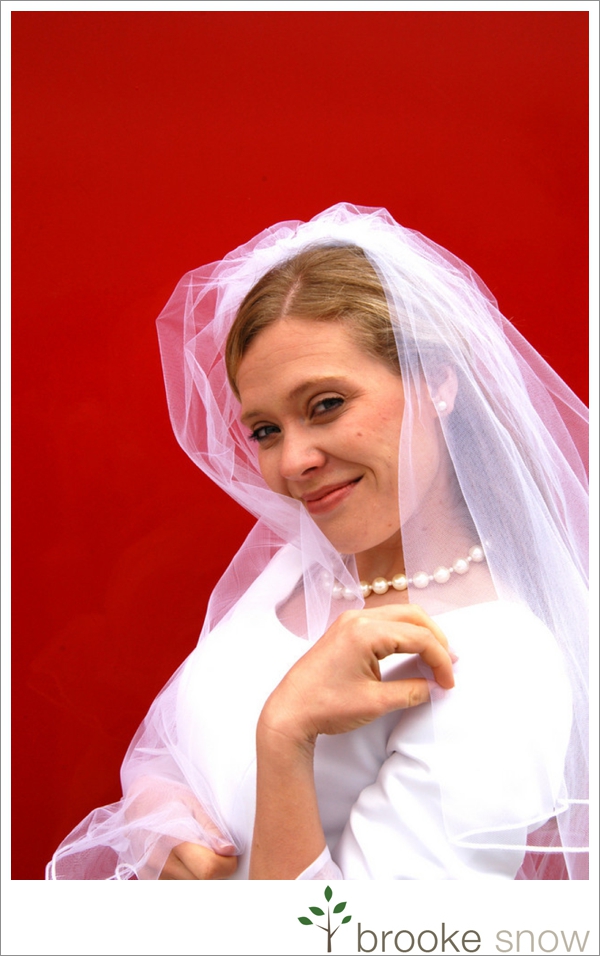
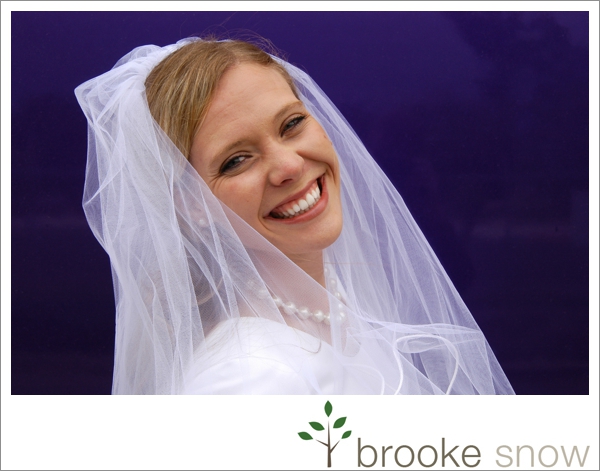
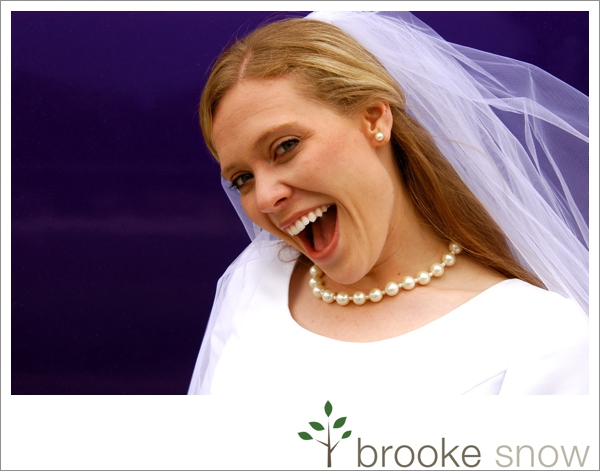

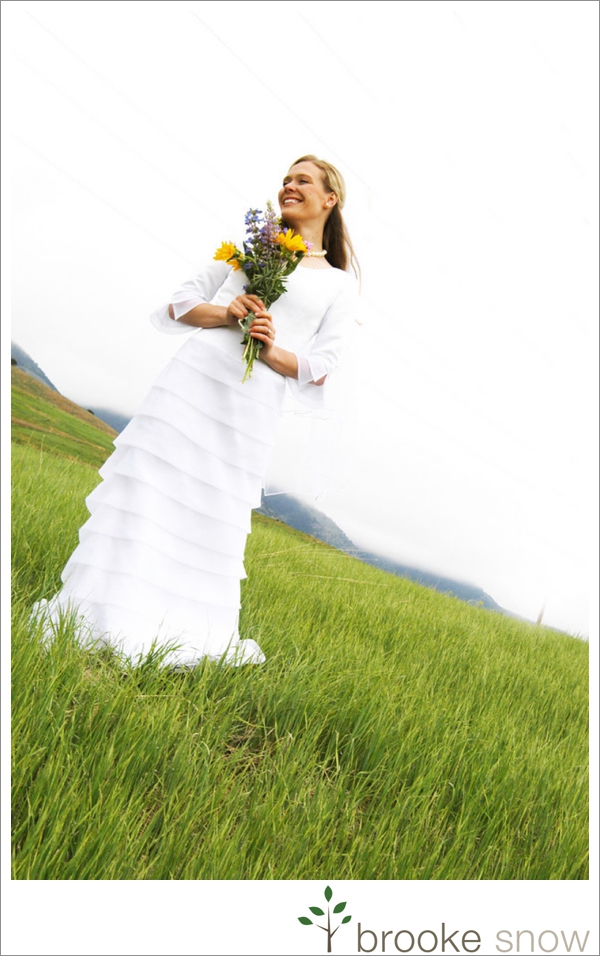
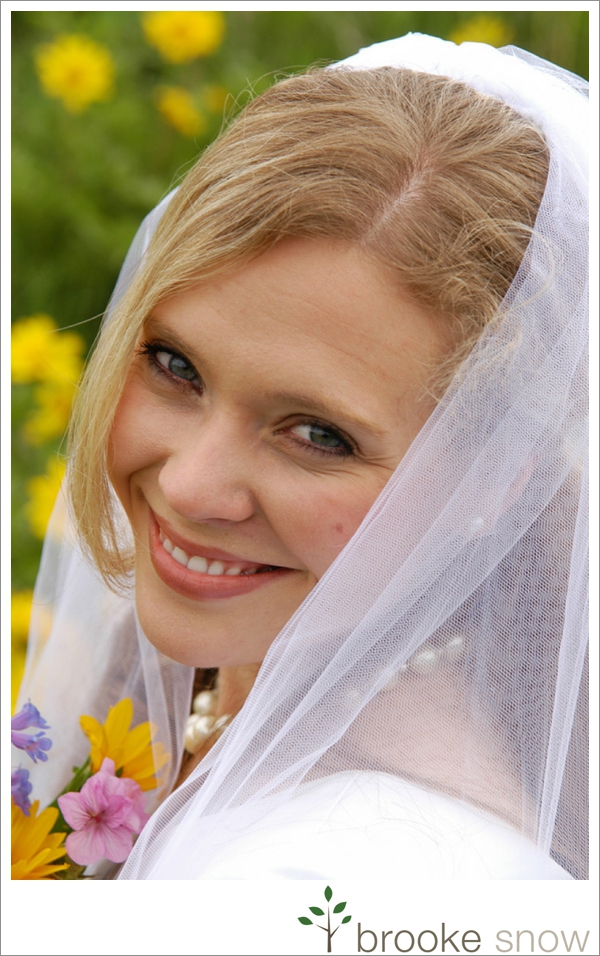
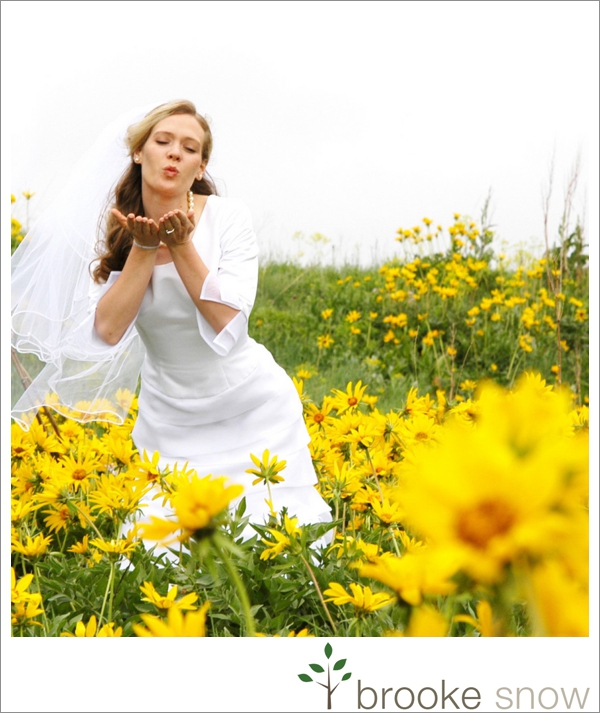

8 Responses
I still love them too, and even though you have more skills to pay the bills these days I think those pictures are pretty authentic of who I was before stretch marks.
Ok I am a total rookie and every time I feel I am getting better I totally second guess myself and realize I am so far from my goal BUT that is all part of the journey right?
Anyway, what do you mean when you say “uncalibrated laptop screen”? What is a calibrated screen and how does it benefit a photographer? Perhaps this is such a silly question but if I don’t ask I wont get the answers so here I am asking:)
Hi Jessica! Great question! What I mean when I say uncalibrated screen, is that my monitor settings were not adjusted for proper display (online) or printing. Basically what would happen, is that I would edit my images to look good on the laptop screen, and if you were to view them on another computer or print them, sometimes they would look overly edited–since I was over editing to make them show better on a dull monitor. I haven’t “officially” calibrated the computer I use now, but only because I haven’t found it necessary. I edit now with an imac and the prints have matched my monitor exactly so I haven’t done it. But if you feel that you need to calibrate your monitor you can buy some simple software to help you do it. Here’s a quick example: http://www.amazon.com/X-Rite-i1Display-Calibrator-Laptop-Displays/dp/B000JLO31M/ref=sr_1_4?ie=UTF8&qid=1320162025&sr=8-4
I think they’re beautiful, Brooke — and is it sad that your “beginner” images look like ones I think I’ve progressed on? LOL! (I’m also AMAZED at how much you and your sister look alike! Are you twins?) Some days I think I’m doing great, others, (like when I look at other people’s work) not so much. I loved taking your classes, and am saving up to do the Advanced Pro. Still practicing (and thanks, Jessica, for asking about the monitor! I was wondering the same thing!) but wondering how long you need to practice before you’re considered a “pro.” Another question — it seems that part of the whole “digital photographer” package is knowing how to use a computer for editing. Can you recommend a class, or classes, that help with this? Or did you self-teach? Enough brain-picking . . . thanks for sharing your wonderful images with us!!
Kate! Wonderful to hear from you! No, me and my sister are not twins 🙂 Some people think we look a lot alike though 🙂 In answer to your questions…
1. How long do you need to practice before you’re considered a “pro”? Well, if pro means that you are doing this as a “profession” and charging people… I would say to do as I suggest and not as I did myself! I was going pro immediately after my sisters pictures above…I knew nothing about the camera other than those shots turned out pretty good and surely everything must be that simple! WRONG! I had a rough go of it for a little while. I wouldn’t suggest that anyone go pro who didn’t understand their camera, editing, and some basic business sense. Again, I knew none of those things, but it would have saved a whole lot of heart ache!
2. As for editing, I’m completely self taught. Which is partly why I feel a little intimidated about offering an editing class. I will let you know though that I have a class under development right now that is a “Natural Light: Start to Finish” course. The concept is to learn all about natural light at all times of day and in all types of conditions. STudents accompany me on shoots via video. I teach about the light, but then I show you the shots straight out of the camera and what simple things I did to edit them in Lightroom. Its not an editing class as far as learning how to use a program, but you could very well pick up a lots of little tips to help.
Other classes… I know that iheartfaces.com is teaching some photoshop classes (though I recommend Lightroom myself). Kelbytraining.com is another great resource!
I have heard you talk about this as your first shoot and it was so fun to see the images!
I totally remember these pictures! And I do remember thinking, “Whoa, Brooke, you’re a natural!” And…I still do. Only now you’re a natural with a whole lot of hard work, knowledge, and skills to back it up 🙂
‘go for the heart’
I couldn’t agree more!
I know my images are not always technically great but as long as I can see the heart in the shot then I am happy (for now) with that image.
technical will come…